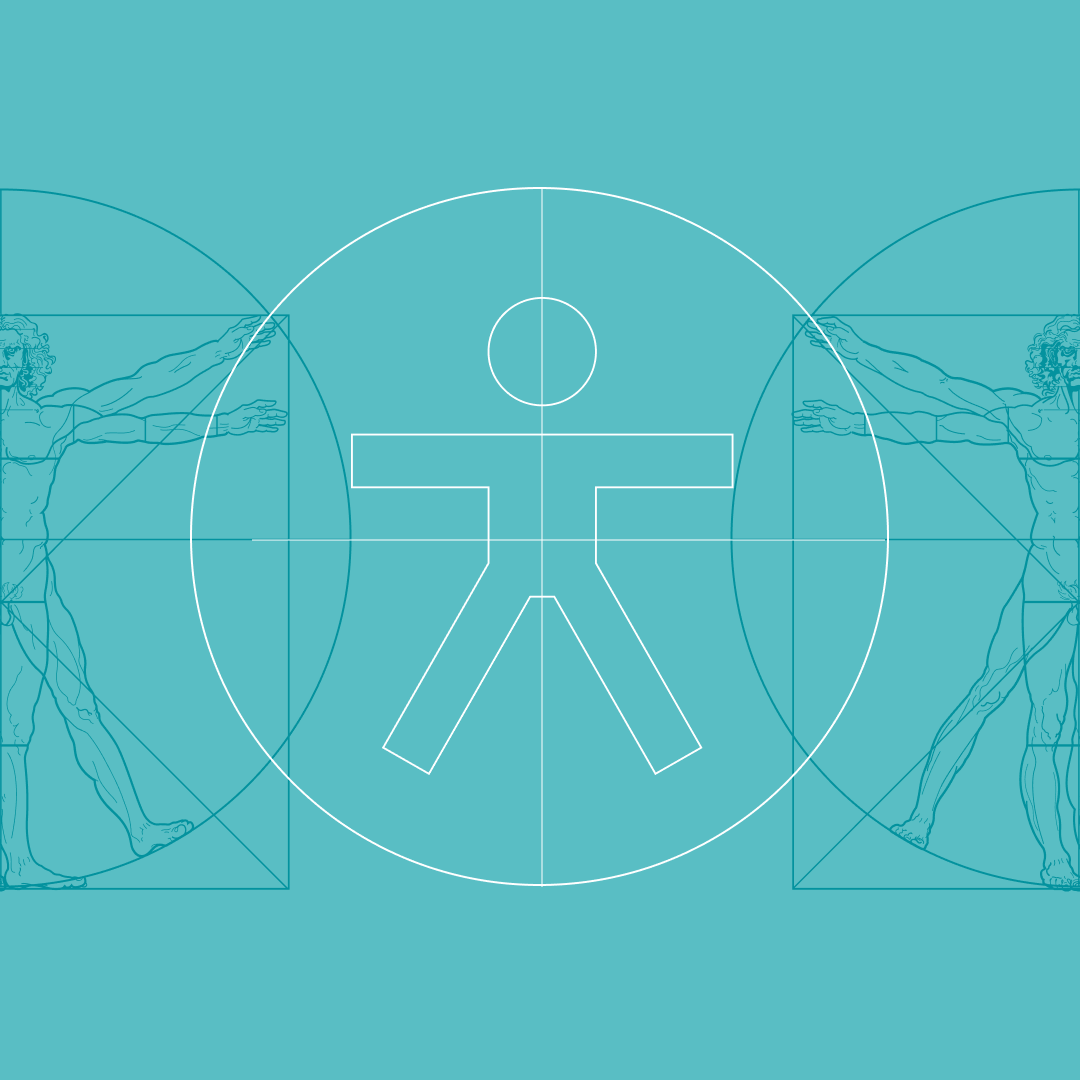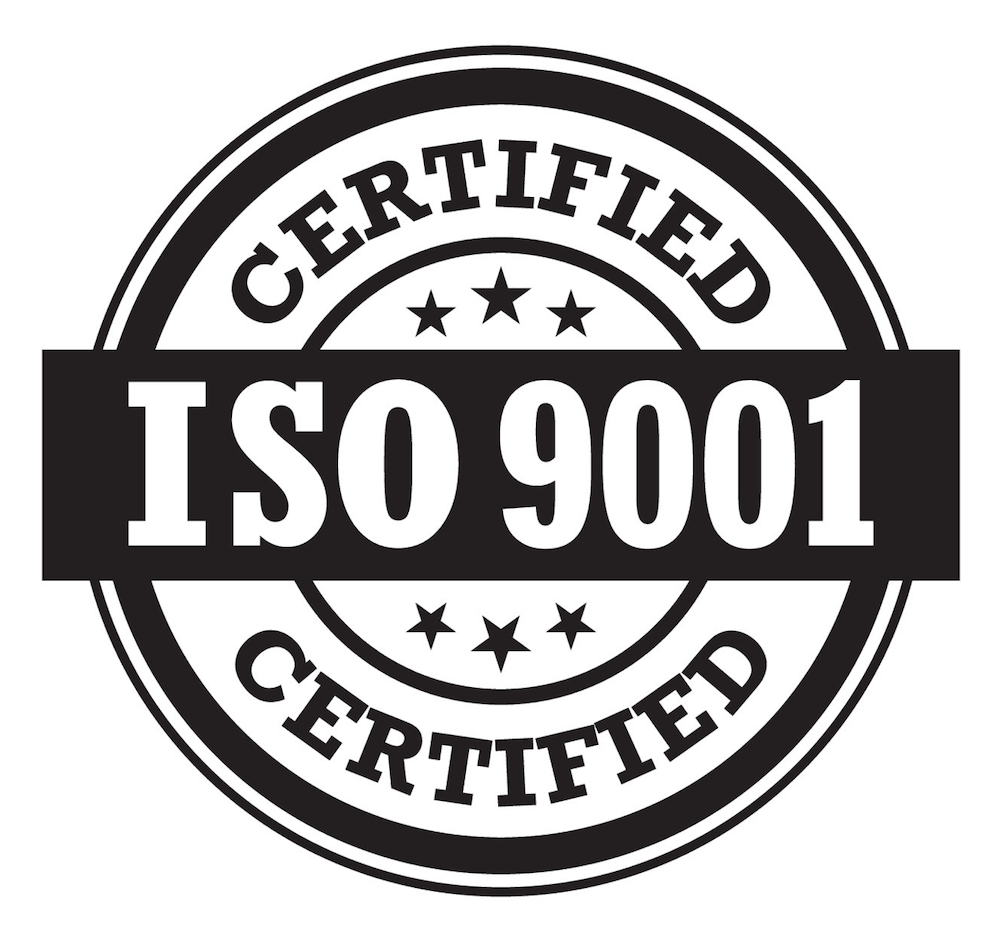Back to Blog
Global Accessibility Awareness Day 2023
Ricardo Neves - 8 May 2023 - 9 min read

A date that brings us closer to achieving equality in the digital world
In today’s digital era, accessibility is more important than ever. The Internet’s web spans the entire planet and being online is not only a pleasure but also a necessity for many. The virtual world is where we shop, meet friends and family, work, learn and play. At the same time, about 1 billion people have permanent or temporary disabilities. Can they use technology in the same way as non-disabled people? The answer is: yes, if we provide for it.
Although the right technology solutions are already available, according to the 2022 WebAIM report, almost every website has some form of accessibility problem. The report indicates that users with disabilities can expect to encounter errors with one of every 19 homepage elements they engage with. Typical accessibility issues include low-contrast text, missing alternative text for images, empty links, a lack of form input labels, empty buttons and pages not having a defined language. It’s clear that there is a gap between the website owners’ and developers’ knowledge of accessibility and the need for accessibility in a digital world.
That’s why raising awareness about accessibility is so important. In that respect, Global Accessibility Awareness Day (GAAD) is one of the most important initiatives.
What is Global Accessibility Awareness Day (GAAD)?
Global Accessibility Awareness Day (GAAD) is an annual event aimed at raising awareness and educating the world about the importance of digital accessibility for people with disabilities and impairments. On this day, events are held in nearly 50 countries worldwide – both offline and online – organised by governmental and academic institutions, disability rights organisations, as well as software and marketing companies. There are also plenty of grassroots initiatives organised by individuals who want to help raise awareness among local communities about the barriers people with disabilities face when using apps and websites. Participants in GAAD events have the opportunity to exchange experiences on accessibility, deepen their knowledge of the subject, talk to experts and meet other people who also want to make digital resources equally accessible to everyone. This year’s Global Awareness Accessibility Day is coming soon, so now’s the time to start researching which events you might want to attend.
When is Global Accessibility Awareness Day held?
GAAD takes place on the third Thursday of May. In 2023, the 12th edition was held on the 18th May. If you want to participate, visit the Global Awareness Accessibility Day website to see what events will be happening in your area or online. Also, if you are organising an event, you can spread the word by listing it on the GAAD site.
Who is GAAD for?
GAAD events are open to anyone interested in digital accessibility and the best practices in programming and design, including:
- programmers and designers of digital products;
- website owners, especially businesses;
- marketing and creative businesses;
- activists who want to create a better world where equal access to products and services is the standard;
- educators who want to raise awareness about accessibility among youth and adults;
- members of the disability community;
- members of innovation communities.
Global Accessibility Awareness Day events are an opportunity for companies to learn how making their websites or apps accessible can improve the customer experience and enhance brand image. In addition, website owners can also familiarise themselves with current legislation on digital product accessibility and the legal consequences of failing to implement it.
Meanwhile, developers and designers can learn about current accessibility standards for website and application design, as well as the latest IT solutions in this field. In addition, local GAAD events often demonstrate how people with disabilities use the web and digital products with assistive technologies: this helps developers take into account the needs of specific disabilities.
For companies in the creative industry such as Rhapsody, GAAD provides an opportunity to share their experience in developing digital products adapted for people with disabilities.
The history of Global Accessibility Awareness Day
Global Accessibility Awareness Day began with a blog post written by web developer Joe Devon in 2011. In the post, Devon pointed out the need for more discussions on digital accessibility and the importance of raising awareness among developers and website owners. Devon’s text caught the attention of accessibility professional Jennison Asuncion and their collaboration resulted in the first Global Accessibility Awareness Day in 2012.
Since then, the event has gained momentum from one edition to the next. The event was initially only celebrated in the United States, but it quickly gained popularity worldwide. Now, GAAD is celebrated in over 50 countries and has become one of the most important events in the digital accessibility calendar. Throughout the years, the event’s mission has remained the same: to encourage everyone to talk, think and learn about digital accessibility and inclusion.
Examples of successful GAAD initiatives
Global Accessibility Awareness Day has inspired many successful initiatives worldwide. Here are some examples:
- The 3 GAAD Challenges event organised by ADCET in Australia encourages visitors to experience the barriers that people with movement, hearing and seeing impairments may face when using a website.
- The University of Washington organises free presentations and workshops on various accessibility topics, including training on web accessibility testing tools, writing good alt text for images and creating accessible charts and tables in Word and PDF. It also holds a half-day workshop on how to use screen readers to check website accessibility.
- Inclusive Design Challenge: Career Advancement is an initiative organised by MaRS Discovery District in Canada. The Inclusive Design Challenge seeks solutions that improve career advancement for persons with disabilities. Priority areas identified by the disability community include attitudinal bias, support networks, workplace disclosure and structure.
- The Accessible Educator Series is organised by the University of Birmingham. The event allows academic colleagues to discuss and share their approaches, difficulties and solutions for digital accessibility, and to engage with development opportunities to improve their accessible practice.
- Spotlight Accessibility is an online event encouraging participants to share accessibility features they like the most from any products, services, digital platforms (be it web or mobile) or gaming environment.
- Make your Module Accessible is organised by The center for Technology & Innovation in Learning at the University of Dundee. This is a series of sessions to help academic staff ensure their online content is accessible for all students when they’re creating new content for the next academic year.
How individuals can get involved with GAAD
If you feel inspired to raise awareness about the importance of digital accessibility or you want to make the lives of people with impairments easier, here are some examples of how you can do this:
- Attend GAAD events, which are held all around the world. Taking part in the events is a great way to learn about accessibility and meet other people who care about digital inclusion. If you want to find out more, you can find additional information and resources on the GAAD website.
- Sharing information about GAAD on social media is a great way to raise awareness about digital accessibility. Use the hashtag #GAAD to share information about the event.
- Donate to the GAAD organisation to help support it in its mission to raise awareness about digital accessibility issues.
- Organise your own GAAD event. This could be a meetup or a workshop focused on digital accessibility.
- Use GAAD as an opportunity to educate yourself on digital accessibility and make your website more accessible. Many resources are available online that are centred around accessible web design, such as the Web Content Accessibility Guidelines (WCAG).
The future of digital accessibility
There’s no doubt that Global Accessibility Awareness Day represents an important initiative when it comes to raising awareness among website owners, users, developers and designers about the importance of accessibility. Thanks to initiatives of this kind, changes are gradually taking place in the approach to digital product design.
With GAAD in mind, here is a summary of a few changes we can expect to see in relation to accessibility:
- Accessibility will become even more important. As we make it easier for people to go online, we also need to make sure our platforms are accessible and inclusive. Besides, pressure from users will force website owners and businesses to take accessibility seriously.
- Greater investments in digital accessibility. Businesses will need to ensure that their products and services are accessible to everyone to strengthen their image and comply with the law.
- Changes in legislation. We can expect stricter laws requiring websites and apps to be accessible to all users. One example of such a law is the European Accessibility Act: it defines the accessibility requirements for the most common types of digital environments, like websites, applications, computer interfaces etc.
- More tools to support accessibility. There will be more solutions to help people with disabilities access the digital world on the one hand and to help developers and designers create more accessible sites on the other.
In short, to avoid falling behind the competition and having to face undesirable legal consequences, it is wise to make one's website accessible now. By doing so, you will become part of the global change in digital accessibility and an active participant in GAAD.
We can create an inclusive digital world together
Whether you’re an individual looking to learn more about accessibility or a business looking to improve your digital presence, GAAD is an event you won’t want to miss. It is an opportunity to learn about accessibility and serves as a reminder that accessibility should be a fundamental aspect of all digital products and services. The GAAD’s impact is growing, encouraging individuals and organisations to prioritise accessibility, not just in the physical world but in digital spaces too. By acknowledging the needs of people with disabilities in the design process, we can create a more inclusive world that benefits us all. Reach out to Rhapsody for a consultation on web or app accessibility.
You might also like...
Get the email newsletter and unlock access to members-only content and events.
The Frames, 201–202, 2nd Floor,
1 Phipp Street, London, EC2A 4PS, UK

Talk to us
Button TextCopyright ©2024 Rhapsody Ltd. All rights reserved.

The Frames, 201–202, 2nd Floor,
1 Phipp Street, London, EC2A 4PS, UK

Copyright ©2024 Rhapsody Ltd. All rights reserved.
